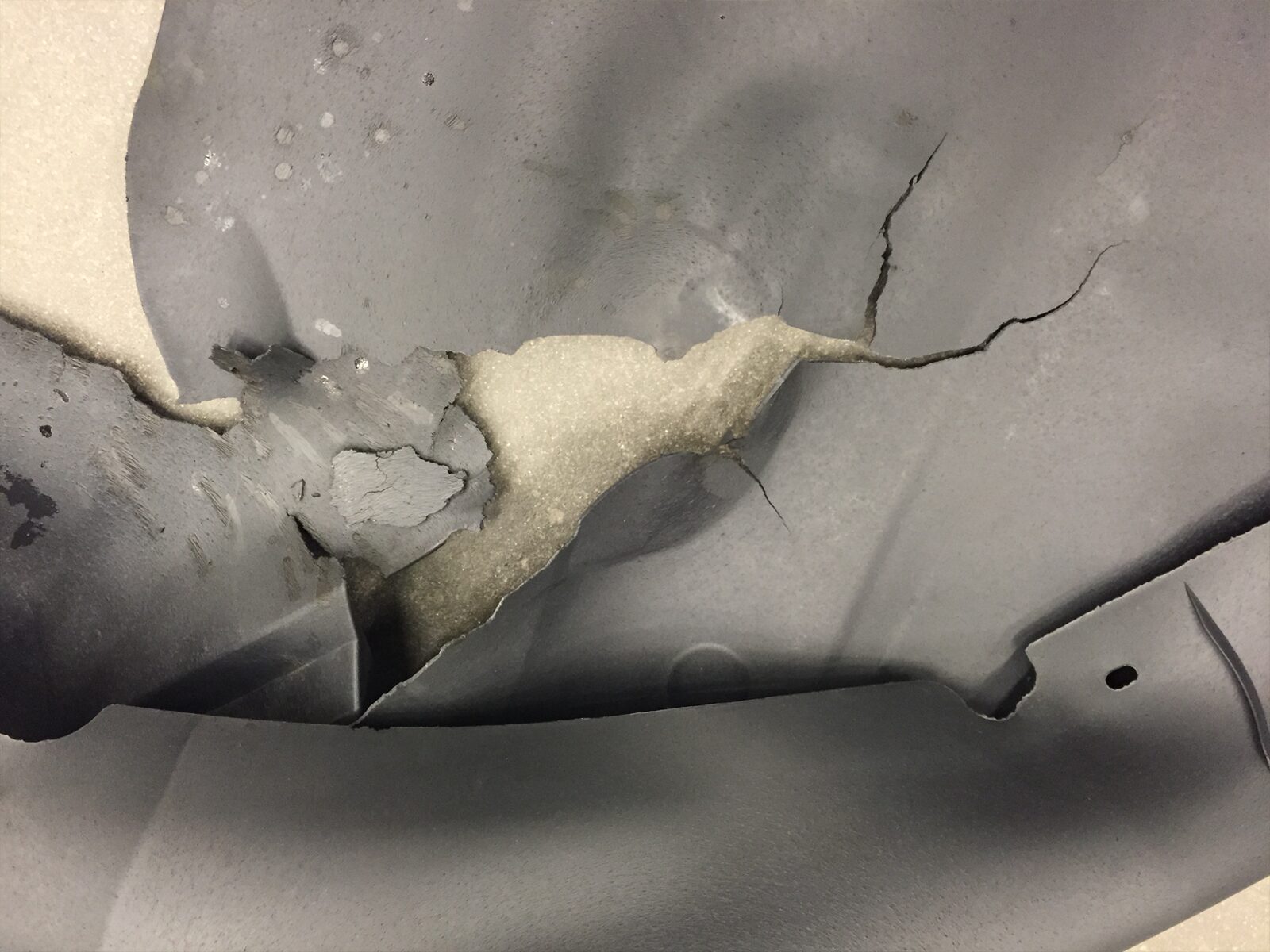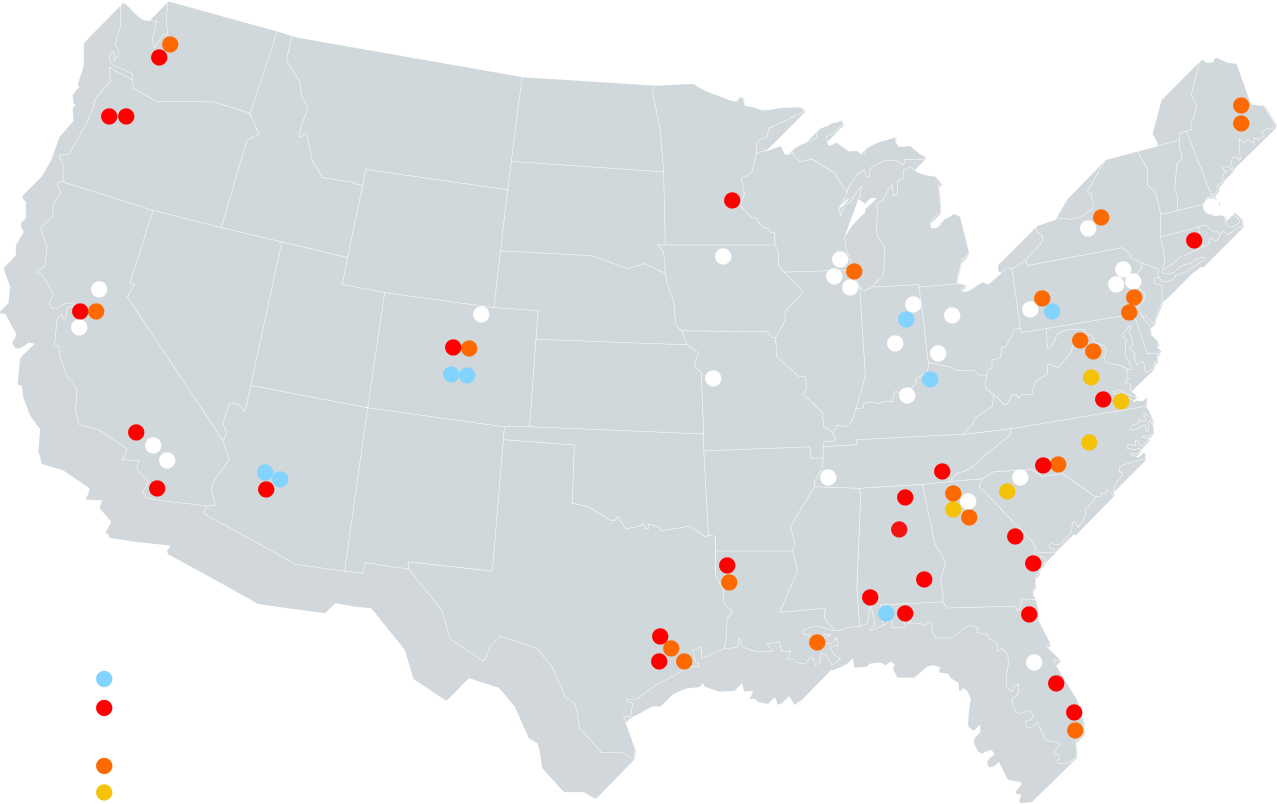Identifying A Product’s Lifespan Is Critical In Ensuring Quality Control
Our materials testing department offers accelerated aging testing which is not one specific method but a variety of methods that can determine the life span of your products. The testing methods that we implement are conducted either to internationally-recognized standards or to client specific performance requirements.
Thermal Aging and Weathering Simulation
Altitude Testing
- Temperature range from -65°C to 150°C
- Altitude range from -200 ft to 100,000 ft
- Mil-Std 202G (conditions 105C, A/B/C/F)
- Mil-Std 810G (conditions 500.5)
- RTCA/DO-160G
Life Cycle Testing
- Lifespan Expectations
- Environmental Implications On Certain Products
- Meet Industry Standards and Regulations
- Develop and Fabricate Product Specific Test Set-ups
Salt Spray
- Capture Progression of Corrosion at Intervals
- Corrosion Creepage in Scratched Coatings
- Determine Coating Adhesion
- Evaluate Degree of Rusting
- Measure Degree of Coating Blistering
Temperature/Humidity Cycling
- Characterize Thermal Expansion Rates
- Determine Thermal Coefficient Mismatch
- Determine Thermal Shock Resistance
- Heat Aging
- Observe Reaction to Varying Temperature and Humidity Conditions
UV Weathering
- Accelerated UV
- Ultraviolet Exposure
- Xenon Exposure
Xenon Testing
- Evaluate Visual Properties Post Exposure – Color Change, Gloss, Haze, Optical Transmission
- Evaluate Structural Properties of Plastic Parts – Impact Resistance, Tensile Strength, and Abrasion



